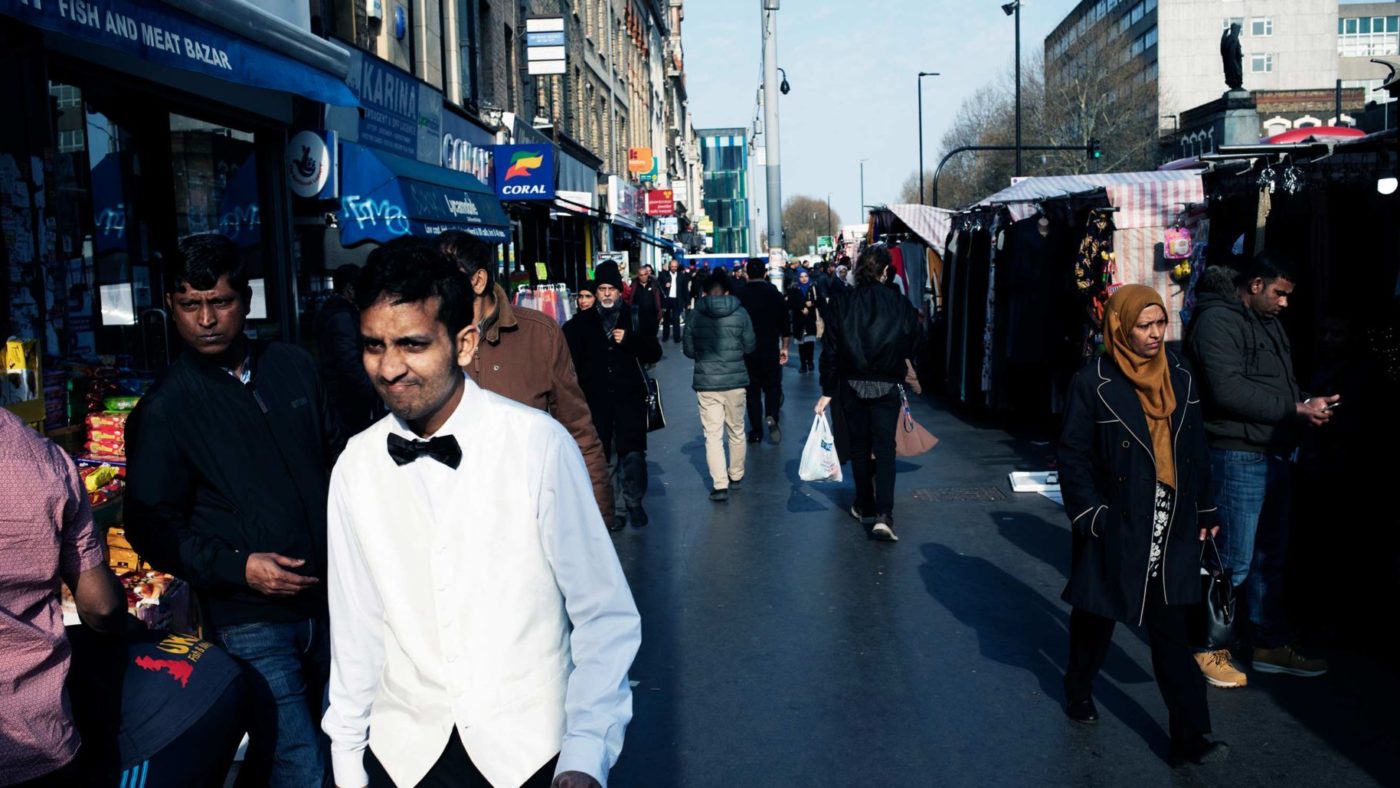Ruth David died of Covid-19 at Leicester Royal Infirmary on Monday. You won’t know her name but she was a witness to the defining event of our age. She was born Ruth Oppenheimer in Germany in 1929 and was among the Jewish children who escaped Nazi persecution to Britain on the Kindertransport. She never saw her parents again. In adulthood she learnt that they had been murdered at Auschwitz.
She was my languages teacher at school and became a close family friend. Almost to the end of her life, she was involved in Holocaust education. My late mother, Anthea Bell, was a literary translator; her greatest single work was WG Sebald’s award-winning novel Austerlitz, dramatising the Kindertransport, and Ruth’s experiences were uppermost in her mind when she tackled it.
This is not the distant past. And comparable horrors have been visited upon the families of some of my closest friends, from the former Yugoslavia, even within the past generation. As refugees they have thankfully found sanctuary from persecution in our tolerant, constitutional society. Yet those of us who know nothing but liberty and safety are susceptible to our own delusions about the need for social cohesion. How often have you heard demands, for example, that Muslims in Britain should integrate with the host population?
For myself, I’ve had quite enough of these expressions of supposed common sense, and I want to explain why a free society should leave its citizens – indigenous and immigrant alike – alone rather than seek to chivvy them into a community of shared values and mores.
Recent politics have given the wrong messages. The Labour Party, which I almost always voted for till 2019 and still nominally support, elected a new leader at the weekend. It could not have come too soon. I know of not a single Jewish family to whom the thought of flight had never occurred in the past five years. The reason was Jeremy Corbyn.
It may seem fantastical to outsiders but Jews have a wariness born of tragic experiences like Ruth’s. In her lifetime, the homeland of Beethoven and Goethe suddenly fell prey to atavistic hatreds that treated an integrated Jewish population, which knew no other place, as alien and corrosive. I have debated with Corbyn and found him superficially affable, yet he absolutely refused to acknowledge the fears that his rhetoric, and that of his far-left supporters, provoked. To Corbyn, his Jewish critics lacked a sense of English irony; they weren’t truly part of our nation’s fabric and history. The message, to Jews, was unmistakable: however extensive your British antecedents, you are here on sufferance.
If you think this a harsh interpretation, you need only reflect on what Sir Keir Starmer said within minutes of being elected as Corbyn’s successor. At the first opportunity, he apologised on Labour’s behalf for failing to eradicate anti-Semitism within the party and pledged to work with Anglo-Jewry to confront the problem. These are early days but there was no peevishness in Starmer’s apology, and no hint that the anti-Semitism issue was somehow a smear concocted to undermine the Labour cause. To properly allay the concerns of British Jews took only honesty and humility, which were qualities Corbyn conspicuously lacked.
A central reason I count myself a liberal rather than a socialist or a conservative, which are both traditions with valuable elements, is that I don’t wish ethnic, cultural and religious minorities to feel they must conform to my way of life. Common citizenship under the rule of law is what a constitutional society offers, and is all that it can reasonably require. Though my family, originally from Strelitz in Germany, has been in this country for more than 200 years and the pronunciation of our name has long been anglicised (it rhymes with spam, as the German vowel sound doesn’t exist in English), I’ve always lived in areas of high immigration and have tried to perceive how an unfamiliar society must appear to my neighbours.
Over recent years I’ve involuntarily become a partisan in two debates purely because the entire political class appears to me to be on the wrong side. One is the need for minority communities to take the initiative to integrate into British society. Dame Louise Casey’s official review in 2016 into opportunity and integration was widely welcomed, not least by Nigel Farage, yet was culpably alarmist about “regressive, divisive and harmful cultural and religious practices” among minorities (for which, read Muslims). The second is the insistence that incomers must learn English – as if they don’t already wish to, even though this country has never had an official language, and second-generation immigrants invariably do.
Cajoling and scolding, rather than welcoming with gratitude, those who make their home here is no part of a civilised politics. It’s what the great conservative thinker Michael Oakeshott identified (in his essay ‘Rationalism in Politics’) as the rationalist’s tendency of “finding it difficult to believe that anyone who can think honestly and clearly will think differently from himself”. This country has a worthier precept at its heart, which is that people should be free to seek and choose the good for themselves. That’s what draws so many to come here and thereby enrich the rest of us.
Click here to subscribe to our daily briefing – the best pieces from CapX and across the web.
CapX depends on the generosity of its readers. If you value what we do, please consider making a donation.


